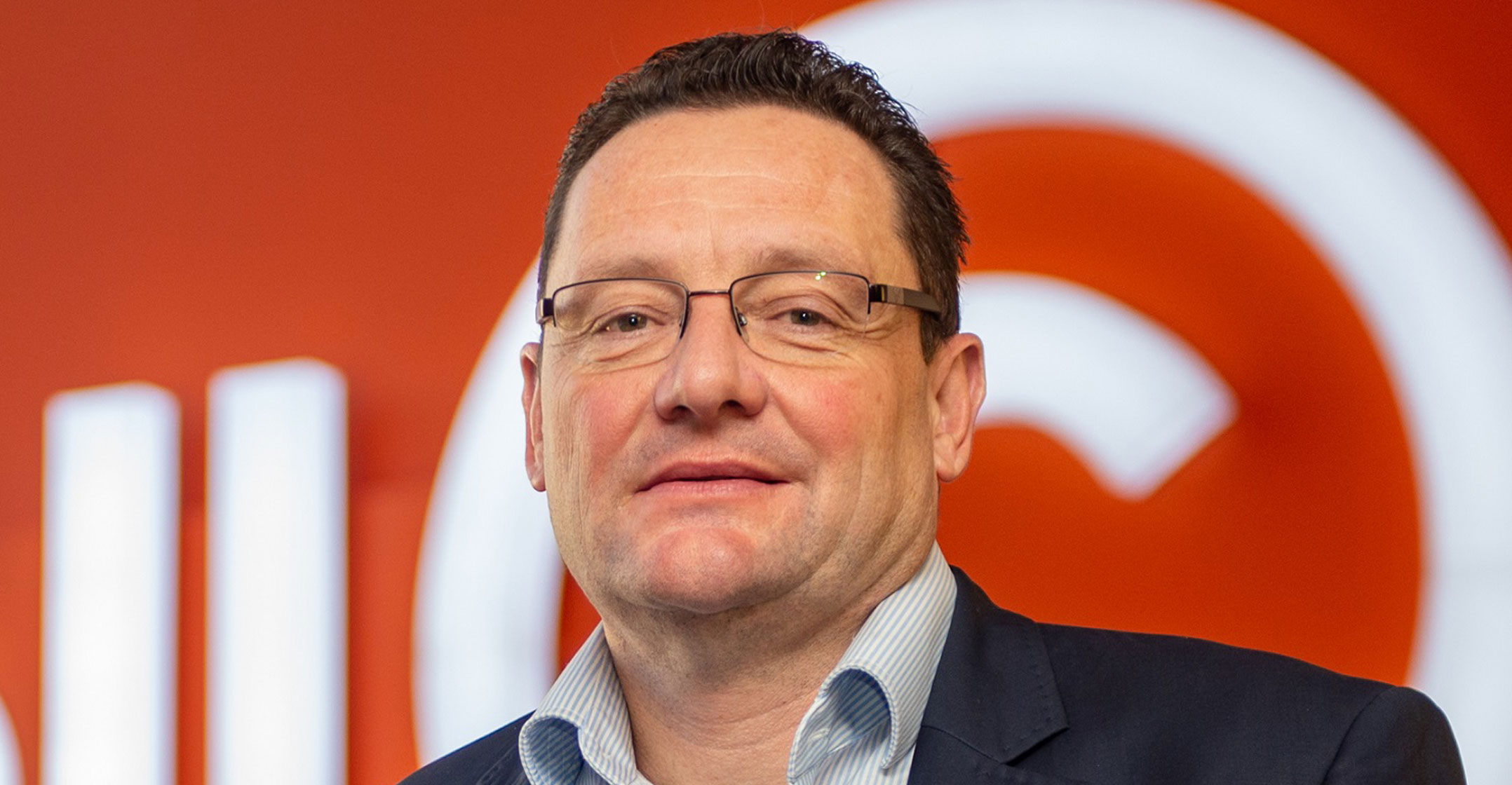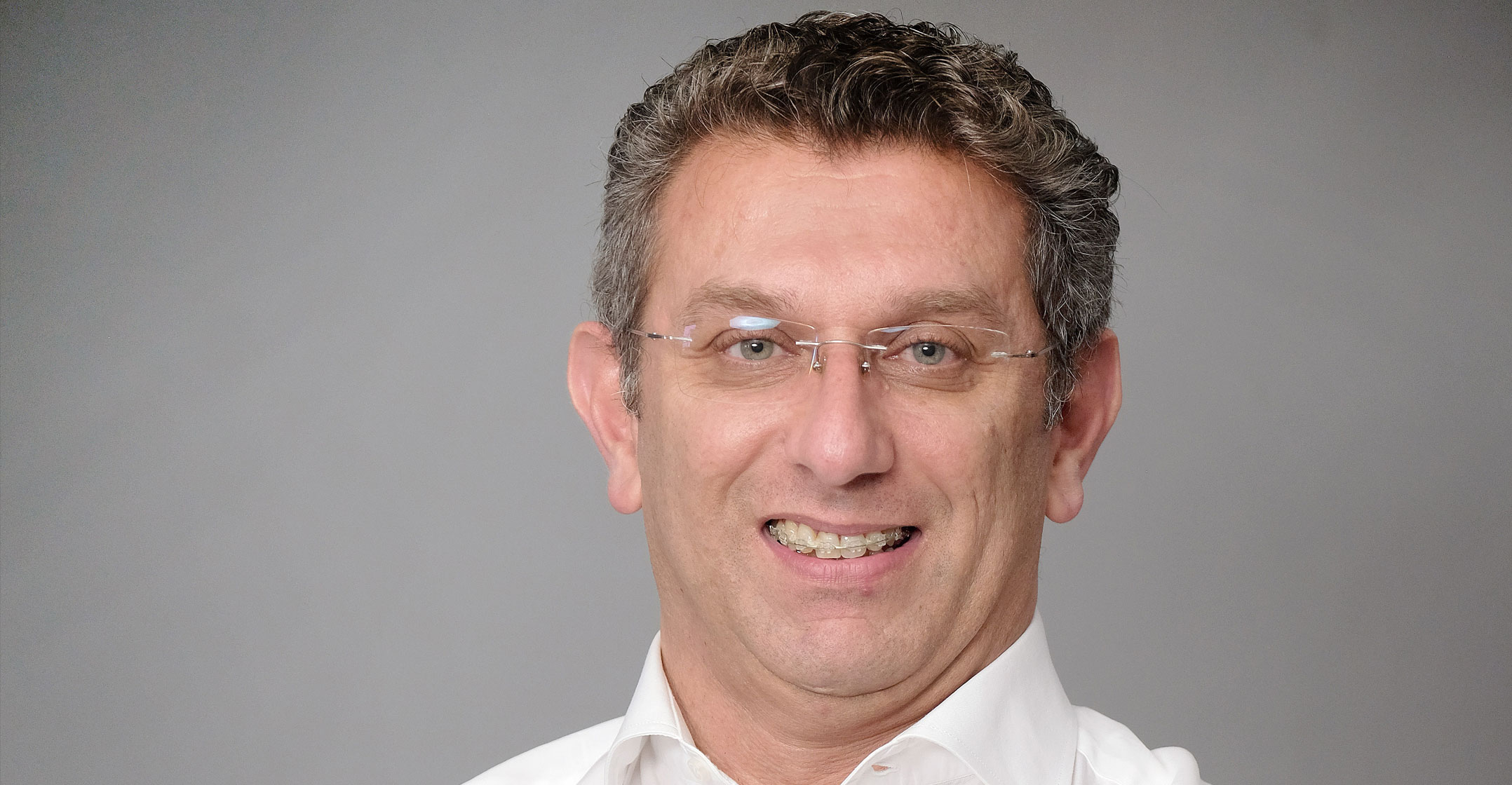
Financially distressed mobile operator Cell C said the second half of its 2019 financial year – the six months to 31 December 2019 – showed a strong turnaround in its fortunes, with a R1-billion improvement in earnings before interest, tax, depreciation and amortisation (Ebitda).
Compared to the first half, gross margin improved by 9%, operating expenses declined by 18% and Ebitda more than doubled to R1.7-billion. Revenue was largely flat.
“Operational improvements and right-sizing set the operator up for future growth, allowing the streamlined entity to take advantage of a new network strategy,” Cell C, which is 45% owned by JSE-listed Blue Label Telecoms, said in a statement on Monday. “This will enable a revised capital structure with manageable debt that will ensure long-term sustainability.”
Cell C CEO Douglas Craigie Stevenson said: “The green shoots of the turnaround strategy, which was implemented from March 2019 onwards, are now visible.”
The turnaround strategy was focused on operational efficiencies, including cutting costs that do not translate into revenue-generating opportunities, minimising operating expenses and optimising traffic, the company said.
A second pillar is a network strategy, which is an evolution of the capex-intensive, high-fixed cost infrastructure-based network to a variable cost opex model. The third is an improvement in liquidity and a new capital structure through a recapitalisation.
“Operationally, the business is stronger, and a successful recapitalisation will secure the long-term sustainability of Cell C,” said Craigie Stevenson.
Revenue
Revenue for the full year was R15.2-billion, down from R15.7-billion in 2018, with service revenue, which contributes 94% to total revenue, falling by 1%. The second half of the year was once again a better one for Cell C with mobile increasing by 4% and wholesale revenue up 17% from the first half.
Cell C saw a decline of 2.9 million prepaid customers, a fall of 21%. “However, the margin on our existing customers is better as a result of acquiring profitable customers and not signing on a customer at any cost,” it said.
“Revenue from equipment sales, on a year-on-year basis, was 27% down as we moved away from subsidising customers at all costs. This enabled us to build a quality customer base with better margins and quality of service,” said chief financial officer Zaf Mahomed.
 Gross operating income was 9% higher at R3.8-billion in the second half of 2019 (H1 2019: R3.5-billion).
Gross operating income was 9% higher at R3.8-billion in the second half of 2019 (H1 2019: R3.5-billion).
More than half-a-billion Rand (R522-million) was saved during the past six months and operating expenses were 18% lower when comparing the first half of 2019 with the last, with operating expenses for H2 2019 at R2.4-billion.
“There were several contracts and transactions that were reviewed or re-negotiated in order to streamline the business and ensure that the costs incurred are business beneficial. For example, the negotiation of the black (video streaming) liability realised savings of R177-million,” Cell C said.
An annual impairment assessment of fixed and intangible assets was concluded, which resulted in an impairment of R3.2-billion. In accordance with IFRS accounting rules, Cell C could not consider the benefits from the recapitalisation and the extended roaming agreement with MTN South Africa. The full-year operating loss was declared at R3.9-billlion (2018: R7.3-billion).
Craigie Stevenson said Cell C is now “operationally sound” and “financially viable and competitive”.
“The business performance allows for a successful recapitalisation to take place with a sustainable debt profile. We are optimistic that the hard work of fixing the operations prepares us to conclude the recapitalisation and to continue to be a customer champion delivering innovative service offerings.” — © 2020 NewsCentral Media
- This is a developing story




